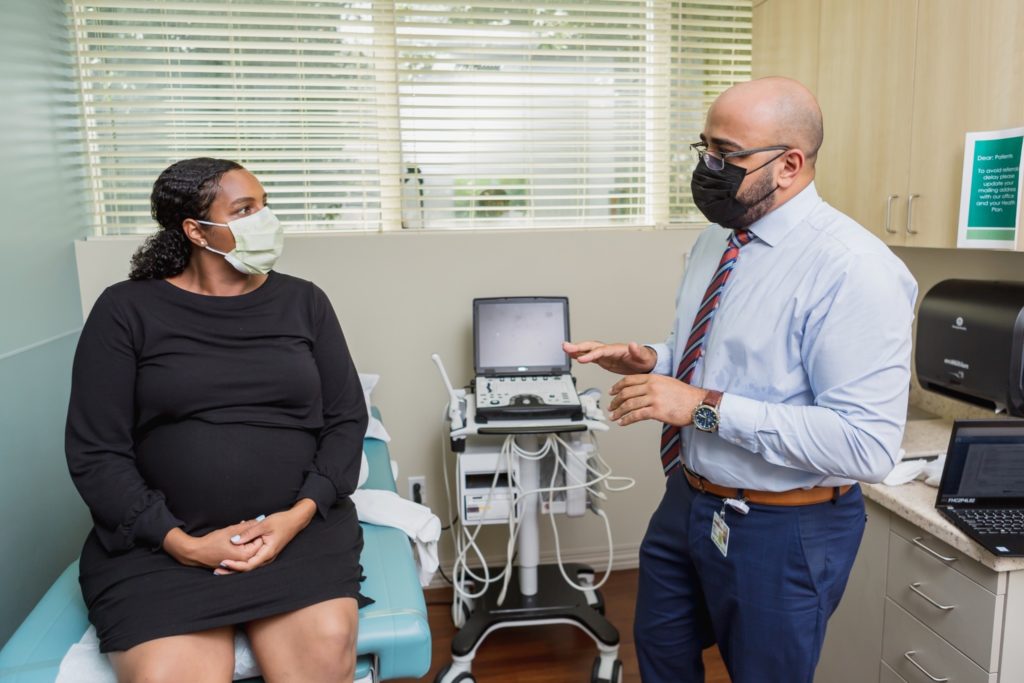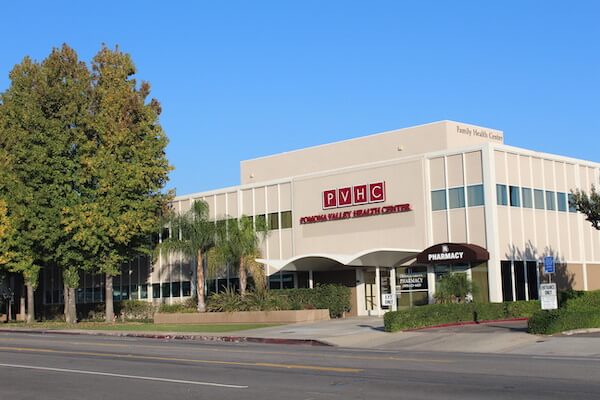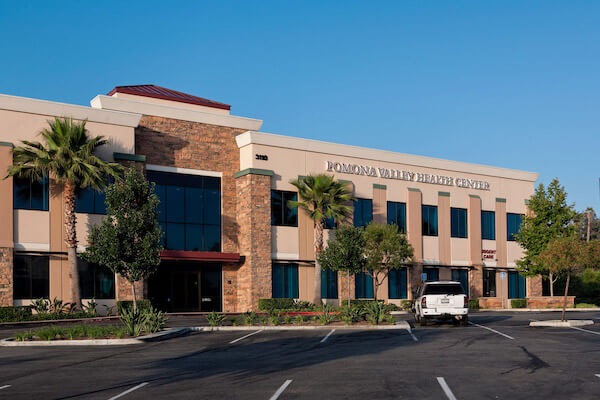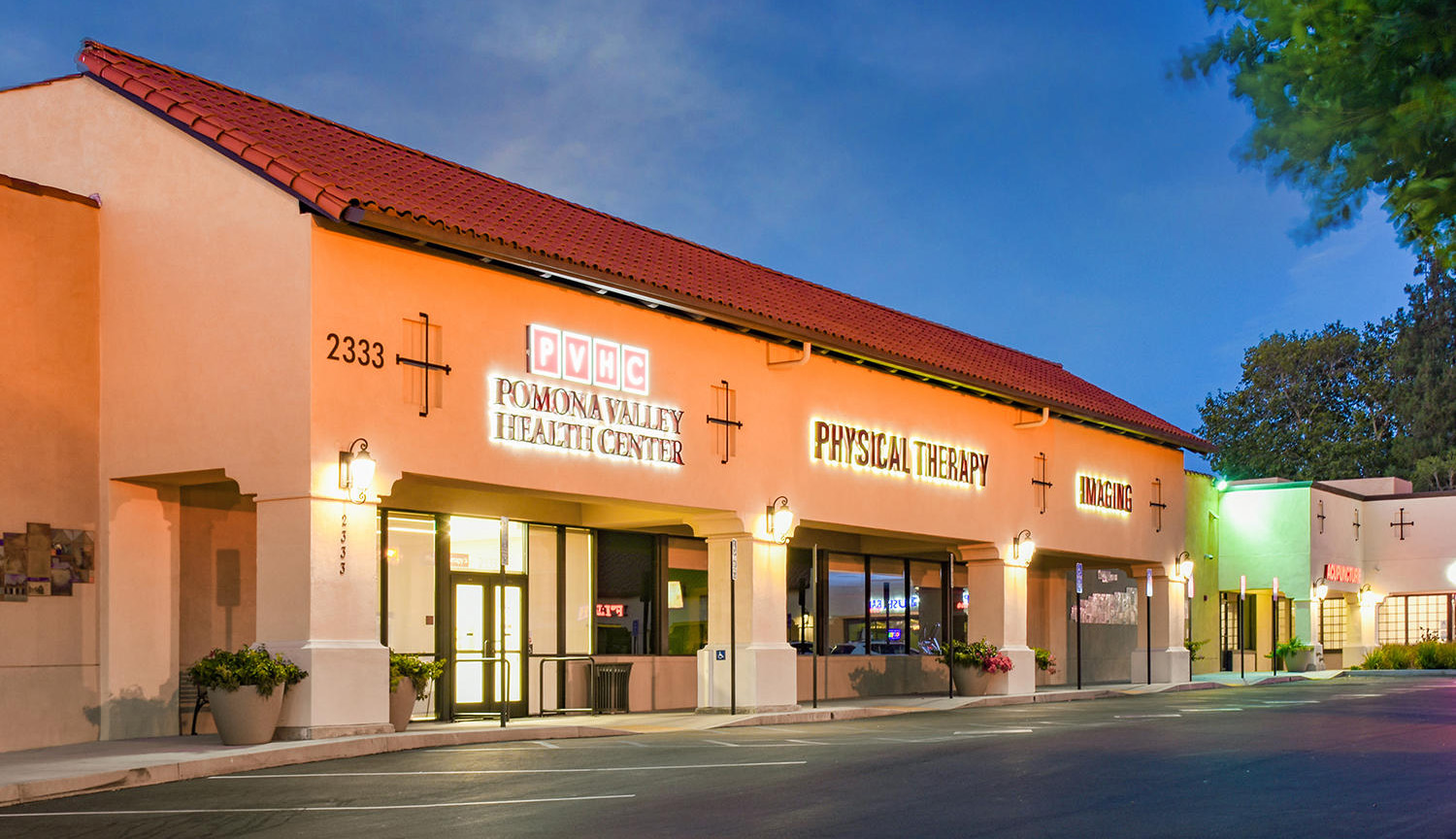
This article has been medically reviewed and approved by Dr. Elsharkawy.
Over 3 million births occur in the United States each year.
With a vital need to care for both mother and baby following conception, early prenatal care is the best way to ensure you experience a healthy pregnancy and delivery.
The health of a mother and baby during the prenatal stage of parenting becomes increasingly important to ensure that healthy development, proper lifestyle habits, and overall risk and complication reduction are all assessed, monitored, and cared for.
Having a healthy, monitored pregnancy is the best way to promote a healthy birth.
Let’s discuss the importance and benefits of early prenatal care.
Prenatal care is an umbrella term that refers to all the health care you receive during pregnancy.
Each prenatal doctor’s visit has the same goal– to help keep you and your unborn child healthy throughout all stages of pregnancy.
Prenatal care includes regular visits with your OB-GYN to check your health and monitor the fetus.
These visits may include
We recommend beginning pregnancy-specific visits with a women’s health expert before conception for the best prepregnancy planning.
If that is not possible, you should schedule your first prenatal visit as soon as you find out that you’re pregnant.
The short answer is that it depends on various factors, including how far along you are in your pregnancy and whether or not you are at high risk for complications.
The standard prenatal care schedule for mothers aged 18 to 35 years old with no preexisting conditions or increased risk of complications usually follows this type of visit plan:
Although prenatal visits may seem like a standard doctor’s trip, there are various benefits to these essential checkups.
Three of the most beneficial reasons to stick to a standard prenatal visit schedule are:
Prenatal visits are great for confirming your pregnancy and gestational age, but they are also beneficial to talk through your questions and concerns and receive expert advice on various pregnancy risks, scenarios and fetal development.
Regular screening and monitoring of the mother and baby are the best way to reduce your risk of complications from preexisting and pregnancy-induced conditions such as gestational diabetes. Screening for congenital abnormalities occurs between weeks 15 and 19 of pregnancy, allowing doctors to assess the mother’s risk, along with the health and risks of the baby.
Throughout pregnancy, fetal development changes by the minute. Staying up-to-date on how well your baby is growing and developing is key to mitigating and planning for any complications or conditions that may arise. Regular monitoring also helps to ensure your baby is growing and thriving in the womb.
Whether you’re currently pregnant, hoping to conceive or simply curious about the importance of prenatal care, our expert women’s health teams at PVHC are here to guide you through every step of prepregnancy, prenatal and postnatal care standards.
Visit us today to begin your prenatal care journey and ensure the best possible results throughout pregnancy for you and your baby.




